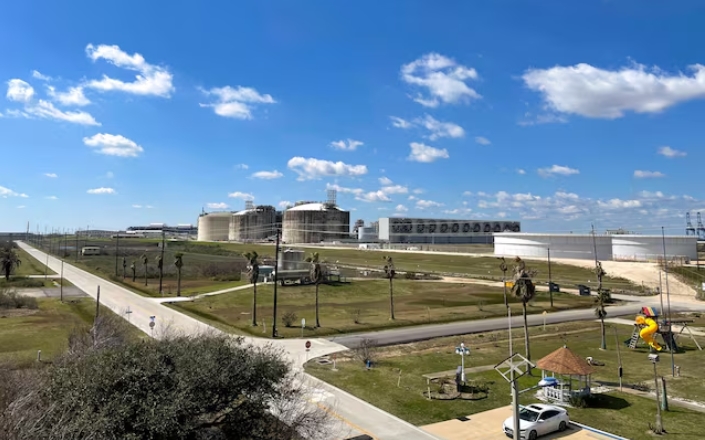
The sale will help in lowering prices ahead of the U.S. Independence Day holiday, as per the DoE.
Five companies responded to invitation for bids announced in May and all of them were awarded the contracts. The remaining winning bidders were George E. Warren LLC, Freepoint Commodities and Irving Oil.
CONTEXT
The energy department had created the supply reserve for the Northeast in 2014 after Superstorm Sandy created a supply shortage for gasoline. But closing of the reserve was mandated by the bipartisan legislation signed by President Joe Biden, as storing refined fuel is costlier than storing crude oil.
East Coast gasoline prices were up about 3 cents compared to last week at $3.39 per gallon after the week ended July 1, according to the Energy Information Administration data.
BY THE NUMBERS
The American Automobile Association expects a record 60.6 million people to travel by car during the Independence Day week
this year, a 4.8% rise compared to 2023.
The energy department said the barrels were sold at an average price of $2.34 per gallon to five companies, with BP getting 500,000 barrels, Vitol buying 200,000 barrels and Freepoint Commodities, Irving Oil and George E. Warren purchasing about 100,000 barrels each.
WHY IT IS IMPORTANT
Gasoline prices are likely to be under a microscope this year as the United States prepares for presidential elections in November, with both the Democrats and the Republicans trying to use the issue to their advantage. Democrats have claimed the reserve sale will ensure sufficient supplies, while Republicans say it is a political move.
Meanwhile, analysts say the sale is unlikely to have any meaningful impact on gasoline prices. The United States consumes around 8 million to 9 million barrels of gasoline a day on average, making the million barrel reserve sale a drop in the ocean.